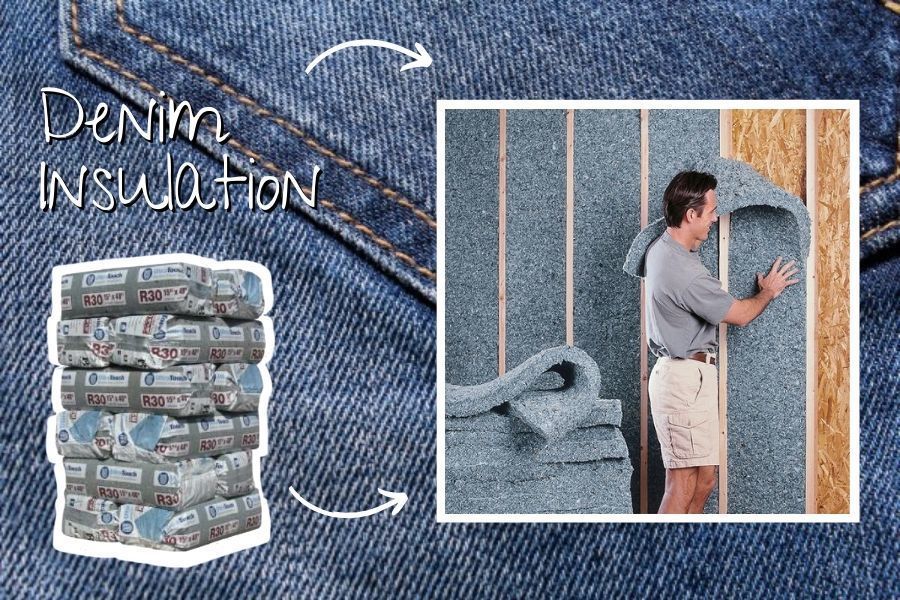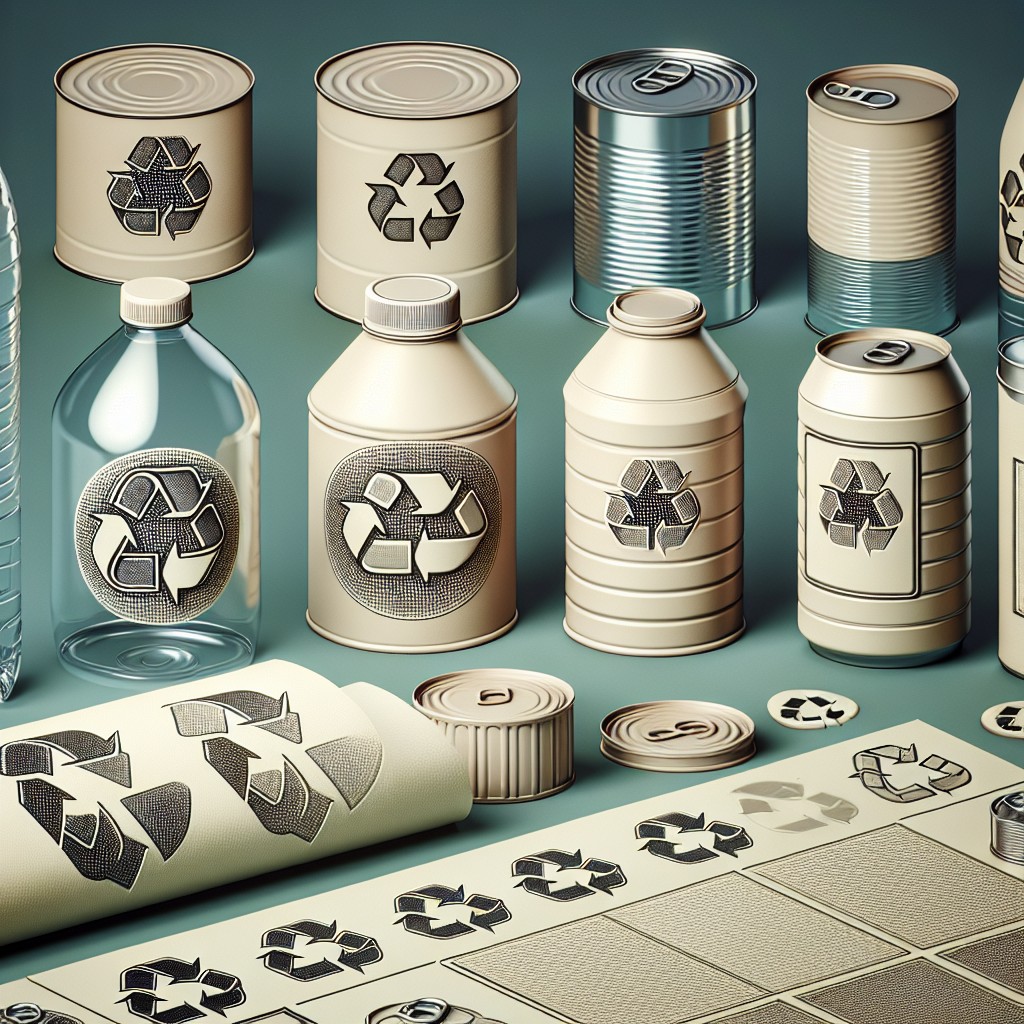Last updated on
Discover the facts behind thermocol recycling, unveiling its procedures, potential, and limitations in a comprehensive guide.
Key takeaways:
- Thermocol, also known as expanded polystyrene (EPS), is recyclable.
- Thermocol recycling is not as straightforward as recycling other materials.
- Specialized facilities are required to compress and remold thermocol.
- Contamination must be avoided before recycling thermocol.
- Global government regulations aim to improve thermocol recycling.
What Is Thermocol?
Thermocol, more widely known as expanded polystyrene (EPS), is a lightweight cellular plastic material, consisting of small hollow spherical balls. It’s famed for its excellent insulation properties and is often used in packaging for delicate goods, food delivery containers, and as an insulating material in building construction.
Thanks to its buoyancy, it also frequently appears in flotation devices and life vests. Although it may seem like Styrofoam, Thermocol is a trademarked brand and differs in its manufacturing process and uses. The characteristic white color and foam texture make Thermocol easily recognizable, serving as a shock absorber for items in transit.
How Is Thermocol Made?
Thermocol, commonly known as expanded polystyrene (EPS), originates from a petroleum-based plastic. The manufacturing process involves expanding polystyrene beads, which contain a blowing agent, under heat and pressure to fuse them into a solid structure. This results in a lightweight, insulating material comprised of around 98% air, giving it the characteristic buoyancy and shock-absorbing properties.
The production of thermocol can be tailored in size and density to suit various applications, from protective packaging to insulation in buildings. Despite its utility, this process raises concerns about environmental sustainability due to the use of non-renewable petroleum and the chemical blowing agents involved.
Can You Recycle Thermocol?
Absolutely, thermocol, also known as expanded polystyrene (EPS), is recyclable. The process, however, is not as straightforward as recycling other materials like paper or glass.
EPS is lightweight and comprises 98% air, which makes it bulky and cost-inefficient to transport. Specialized recycling facilities are required to compress and remold it into new products.
Before thinking of recycling thermocol, contamination must be avoided—food or liquid residues can render it non-recyclable. It’s essential to check with local waste management authorities whether they accept EPS, as many curbside programs do not.
For areas without curbside pickup, drop-off sites and mail-back programs are viable options. Alternatively, reusing thermocol for insulation or craft projects can be a creative way to extend its useful life before it hits the recycling bin.
Government Regulation On Thermocol Recycling
Regulations on the recycling of thermocol, or expanded polystyrene (EPS), vary significantly across the world. In some regions, there are stringent rules governing its disposal and recycling due to environmental concerns stemming from its non-biodegradable nature.
For example, in several US states such as New York and California, there are bans on the use of EPS foam in food containers and packaging, pushing for the adoption of more eco-friendly alternatives. These bans directly influence the recapture and processing of EPS, encouraging investment in recycling technologies and infrastructure.
Similarly, European Union directives seek to minimize plastic waste, including EPS, enforcing strict waste management protocols. Businesses are urged to follow the waste hierarchy, prioritizing reduction, reuse, and recycling, ultimately reducing the volume of EPS entering the waste stream.
In India, there are also initiatives to reduce EPS waste, with some municipalities implementing bans on thermocol for decorative purposes. These regulations encourage citizens and industries to consider recycling solutions or alternative materials.
Global efforts to standardize the labeling of plastics for easier sorting and recycling have also had an impact on the management of thermocol waste, ensuring more effective recycling processes.
Effective government regulation is imperative to increase the rate of thermocol recycling, promote technological innovation, and protect public health and the environment. Each policy reflects a commitment to environmental stewardship and to tackling the challenges associated with EPS waste management.
The Challenges of Thermocol Recycling
Recycling thermocol, also known as expanded polystyrene (EPS), presents several logistical hurdles. Firstly, the lightweight nature of thermocol poses a significant challenge. It is bulky and takes up considerable space relative to its weight, making it inefficient and costly to transport for recycling purposes.
Moreover, thermocol is often contaminated with food residues and other materials, which necessitate a cleaning process before recycling can occur. This cleaning process requires additional resources and can make the recycling of thermocol less economically viable.
Additionally, the market for recycled thermocol is limited. Only a few facilities accept it, and even fewer have the technology to process it effectively. Without a robust market demand for recycled EPS, the financial incentives to invest in thermocol recycling infrastructure remain low.
Finally, there’s the environmental cost to consider. Recycling thermocol is energy-intensive, and given its low weight and high volume, the environmental benefits of recycling must be carefully weighed against the carbon footprint of transporting and processing the material. This balance is crucial to ensuring that efforts to recycle thermocol align with overarching sustainability goals.
FAQ
How do you recycle thermocol?
To recycle thermocol, it can be reduced by up to 20 times its original size by melting it in an acetone solution, such as nail polish remover, which transforms it into a non-harmful form.
Is thermocol non recyclable?
Thermocol, also known as Expanded Polystyrene (EPS), is indeed recyclable with its extensive use in packaging and construction due its high thermal insulation capacity and impact resistance.
Is thermocol eco friendly?
No, thermocol is not eco-friendly, as it is non-biodegradable and its incineration creates harmful environmental pollutants.
How do I dispose of styrofoam in Seattle?
In Seattle, you can dispose of styrofoam by treating it in a way to prevent littering and nuisance conditions, such as bagging it, and then taking it to the local King County transfer stations where it is accepted as garbage.
What alternatives exist for thermocol that are more environmentally friendly?
Alternatives to thermocol that are more environmentally friendly include options like mushroom packaging, recycled paper, and cornstarch packaging.
How does thermocol recycling impact carbon emissions?
Thermocol recycling helps reduce carbon emissions by decreasing the demand for new materials, thus minimizing the energy consumption and pollution from production processes.
Are there any innovative uses for recycled thermocol?
Recycled thermocol can be innovatively used to create lightweight bricks for construction, fillers in cushions or toys, and decorative crafts.
Related reading:
Table of Contents


